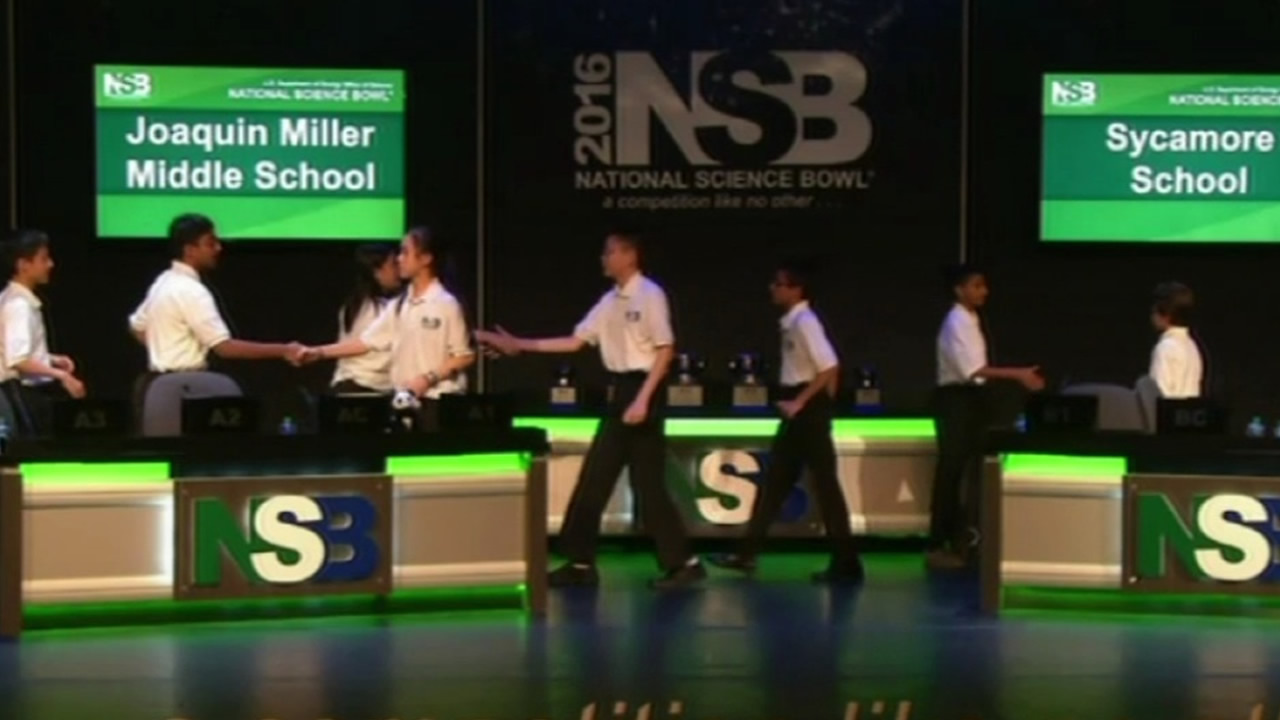Science bowl vs science olympiad – Science Bowl vs. Science Olympiad sets the stage for this enthralling narrative, offering readers a glimpse into a story that is rich in detail and brimming with originality from the outset.
In this comprehensive analysis, we delve into the intricacies of these two prestigious science competitions, exploring their distinct formats, content coverage, and impact on students’ scientific development.
Definition and Overview
Science Bowl and Science Olympiad are two prestigious academic competitions that challenge students’ scientific knowledge and skills. Science Bowl is a quiz-based competition that tests students’ quick recall and problem-solving abilities. Science Olympiad, on the other hand, is an event-based competition that requires students to demonstrate their mastery of specific scientific disciplines through hands-on experiments, design challenges, and written exams.
Both competitions have a rich history and have played a significant role in promoting science education and inspiring future scientists and engineers.
Objectives and Goals
Science Bowl aims to encourage student interest in science and technology and to promote a deeper understanding of scientific principles. It provides a platform for students to test their knowledge, develop critical thinking skills, and foster a spirit of competition and camaraderie.
Science Olympiad has similar objectives, but it also emphasizes the importance of hands-on experimentation and problem-solving. It encourages students to develop their creativity, teamwork, and communication skills, and to apply their scientific knowledge to real-world challenges.
Format and Structure

Science Bowl competitions consist of a series of fast-paced rounds, each with a specific topic or theme. Teams of four students answer questions posed by a moderator, and points are awarded for correct answers. The team with the most points at the end of the competition is declared the winner.
Science Olympiad competitions are divided into a variety of events, each of which focuses on a different scientific discipline. Students compete in teams of two or three, and each event has its own set of rules and scoring criteria. The team with the highest combined score across all events is declared the winner.
Types of Events and Challenges, Science bowl vs science olympiad
Science Bowl questions cover a wide range of scientific disciplines, including biology, chemistry, physics, earth science, and astronomy. Questions can be factual, conceptual, or problem-solving based.
Science Olympiad events are categorized into three divisions: Division B (grades 6-9), Division C (grades 9-12), and Division D (grades 10-12). Each division offers a variety of events, including:
- Division B:Anatomy and Physiology, Astronomy, Circuit Lab, Codebusters, Crime Busters, Disease Detectives, Dynamic Planet, Food Science, Meteorology, Mission Possible, Remote Sensing, and Write It Do It.
- Division C:Anatomy and Physiology, Astronomy, Boomilever, Chem Lab, Codebusters, Disease Detectives, Dynamic Planet, Fermi Questions, Food Science, Game On, Geocaching, Gravity Vehicle, Helicopters, Meteorology, Mission Possible, Optics, Protein Modeling, Remote Sensing, Sounds of Music, Storm the Castle, Tech Challenge, Thermodynamics, and Write It Do It.
- Division D:Anatomy and Physiology, Astronomy, Bridge Building, Boomilever, Chem Lab, Codebusters, Computer Science, Disease Detectives, Dynamic Planet, Fermi Questions, Food Science, Game On, Geocaching, Gravity Vehicle, Helicopters, Meteorology, Mission Possible, Optics, Protein Modeling, Remote Sensing, Sounds of Music, Storm the Castle, Tech Challenge, Thermodynamics, and Write It Do It.
Participants and Teams

Science Bowl and Science Olympiad competitions are open to students from all backgrounds and abilities. However, there are some eligibility criteria that must be met in order to participate.
Science Bowl is open to students in grades 9-12 who are enrolled in a school that is a member of the National Science Bowl Alliance. Teams consist of four students and one coach.
Science Olympiad is open to students in grades 6-12 who are enrolled in a school that is a member of the Science Olympiad National Office. Teams consist of two or three students and one coach.
Demographics and Diversity
Science Bowl and Science Olympiad competitions have a diverse pool of participants from a variety of backgrounds. In recent years, there has been a growing number of female and minority students participating in both competitions.
This increased diversity is a reflection of the growing interest in science and technology among all students, and it is a positive sign for the future of science education.
Content and Coverage: Science Bowl Vs Science Olympiad
Science Bowl and Science Olympiad competitions cover a wide range of scientific disciplines and topics. The content tested in both competitions is challenging and requires students to have a deep understanding of scientific concepts and principles.
Science Bowl questions cover a broad range of topics, including:
- Biology
- Chemistry
- Physics
- Earth science
- Astronomy
- Mathematics
- Engineering
- Technology
Science Olympiad events focus on specific scientific disciplines and topics, such as:
- Anatomy and Physiology
- Astronomy
- Chemistry
- Computer Science
- Earth Science
- Ecology
- Engineering
- Food Science
- Geology
- Meteorology
- Physics
- Robotics
- Zoology
FAQs
What is the fundamental difference between Science Bowl and Science Olympiad?
Science Bowl emphasizes rapid-fire, buzzer-based questioning, while Science Olympiad involves a diverse range of hands-on events and projects.
Which competition is more suitable for students with strong individual knowledge?
Science Bowl favors students with exceptional recall and quick thinking abilities.
Does Science Olympiad offer opportunities for students to collaborate and work in teams?
Yes, Science Olympiad encourages teamwork and collaboration among students.

